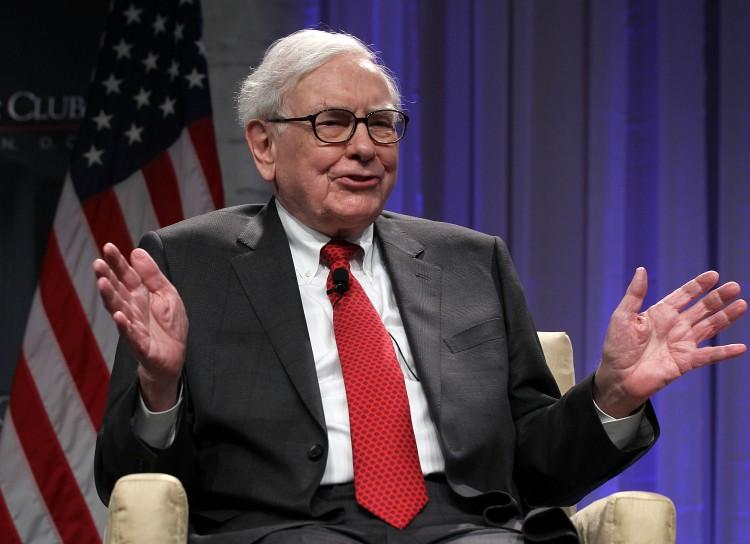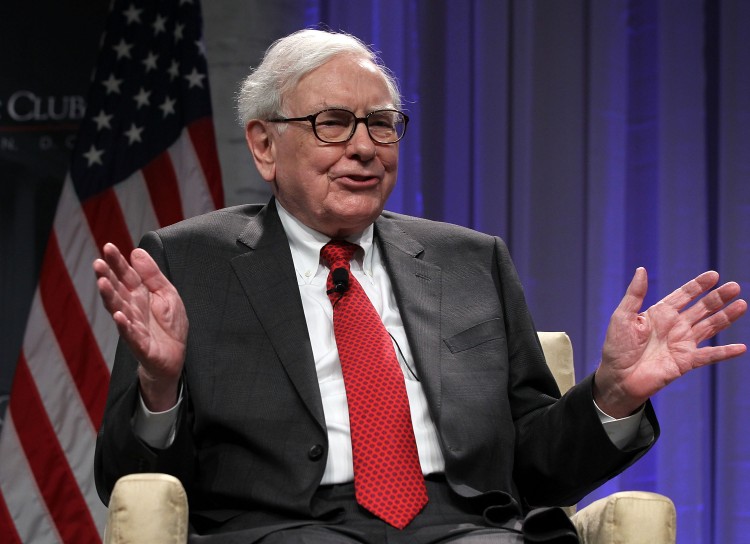To Warren Buffett bad news comes first when reporting to shareholders. His annual letter to Berkshire Hathaway Inc. shareholders also had its share of good news, however, and some insights into what has made Buffett the very rich man he is today.
Warren Buffett Bad News, Good News, Kernels of Wisdom
In his annual letter to Berkshire Hathaway Inc. shareholders, Warren Buffett said he’s done a “subpar” job in some ways in 2012, though the company still gained $24.1 billion. Buffett commented on the “yardsticks” by which he measures business.

A file photo of Warren Buffett, chairman and CEO of Berkshire Hathaway Inc. Alex Wong/Getty Images
|Updated:






